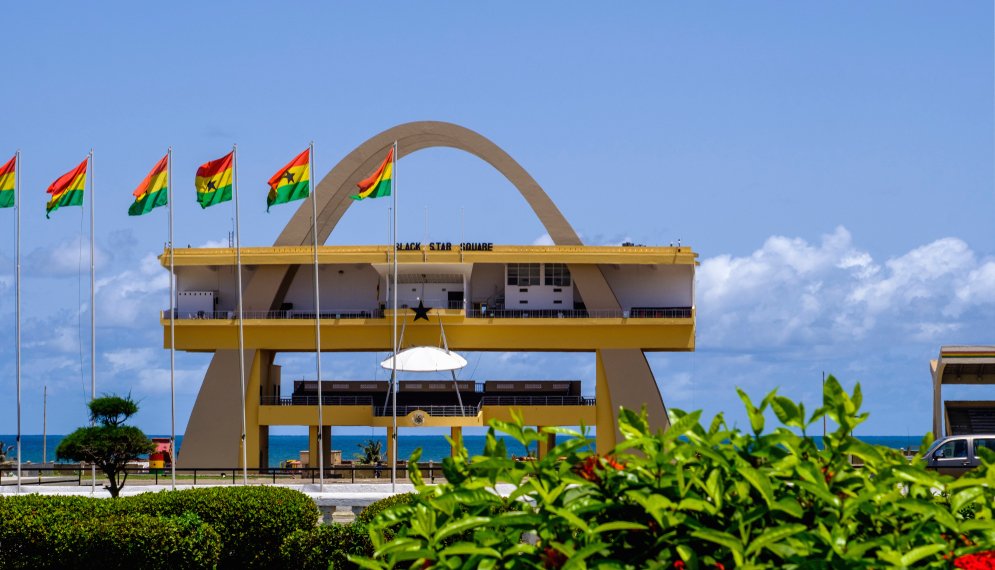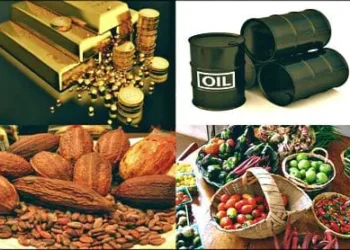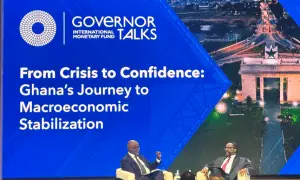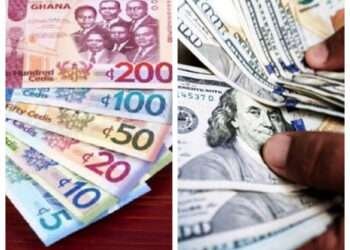Ghana has been dealt a major financial setback as the United States has declared the country ineligible to receive foreign assistance under the Millennium Challenge Compact (MCC) for the 2026 fiscal year.
The development stems from a debt default restriction under Section 7012 of the Fiscal Year (FY) 2025 State, Foreign Operations, and Related Programs Appropriations Act (SFOAA). Until Ghana finalizes a debt restructuring agreement, the MCC aid window remains firmly closed.
This decision is not just a bureaucratic ruling—it represents a significant dent in Ghana’s efforts to secure external support for its economic recovery, infrastructure expansion, and social programs.
The announcement was contained in the Millennium Challenge Corporation Candidate Country Report for FY 2026, released in Washington. The report stated clearly: “Ghana is ineligible to receive foreign assistance pursuant to the debt default restriction in section 7012 of the FY 2025 SFOAA pending a debt restructuring agreement.”
While Ghana was listed among 18 countries considered as candidates for MCC compact assistance, the legal barriers under U.S. law rendered it ineligible. The MCC clarified that countries under such restrictions may have their status reconsidered in the future, depending on changes in debt and legal circumstances.
Ghana in Company of Struggling Economies
Ghana now finds itself in the same category as nations such as Burma, Burkina Faso, North Korea, Syria, Sri Lanka, Venezuela, and Zimbabwe, all of which have been flagged ineligible for U.S. foreign assistance. For many observers, Ghana’s inclusion on this list is a startling reality check, given its past reputation as one of Africa’s most stable and reform-driven economies.
Economic analysts argue that this development sends a worrying signal to international investors and development partners, raising fresh questions about Ghana’s fiscal discipline and credibility on the global stage.
Meanwhile, the root of this setback lies in Ghana’s 2022–2023 debt crisis, which led to the country defaulting on portions of its external obligations. This triggered strict conditionalities from creditors and forced the government into a debt restructuring process with both bilateral and commercial lenders.
Although progress has been made with the International Monetary Fund (IMF) securing a $3 billion bailout program for Ghana, the U.S. aid restriction underscores how deeply the debt crisis continues to affect the country’s global standing. Until a comprehensive restructuring agreement is finalized, Ghana will remain cut off from certain types of U.S. foreign assistance.
What This Means for Development Projects
The Millennium Challenge Compact has historically played a vital role in funding major infrastructure projects in Ghana, particularly in the energy sector. For example, the MCC has supported power sector reforms and investments in electricity distribution. Losing eligibility for the 2026 financial year therefore threatens to delay or derail potential projects in critical areas such as energy, agriculture, and trade facilitation.
Local development experts warn that the timing could not be worse, as Ghana is already struggling with inflationary pressures, limited fiscal space, and high unemployment. Without MCC support, the government may need to lean more heavily on other bilateral and multilateral partners, many of whom have already tightened their lending conditions.
Some economists argue that the debt default was always going to have ripple effects. What Ghanains are seeing is Ghana paying the price of fiscal indiscipline and delayed restructuring negotiations. Until these issues are addressed, donor confidence will remain weak.
Similarly, being grouped with countries like North Korea and Zimbabwe is damaging for Ghana’s image. It erodes the goodwill the country has built over decades of democratic stability and reform.
Despite the setback, the MCC report leaves the door open for future reversals, noting that changes in debt negotiations or statutory restrictions could alter eligibility. Ghana’s immediate task is therefore to accelerate its debt restructuring talks and demonstrate tangible progress in restoring fiscal stability.
If successful, the country could regain eligibility in subsequent years, thereby reopening the flow of MCC aid that has historically supported key economic and social projects.
READ ALSO: Plea Bargain Delays Cripple Ghana’s Justice System























